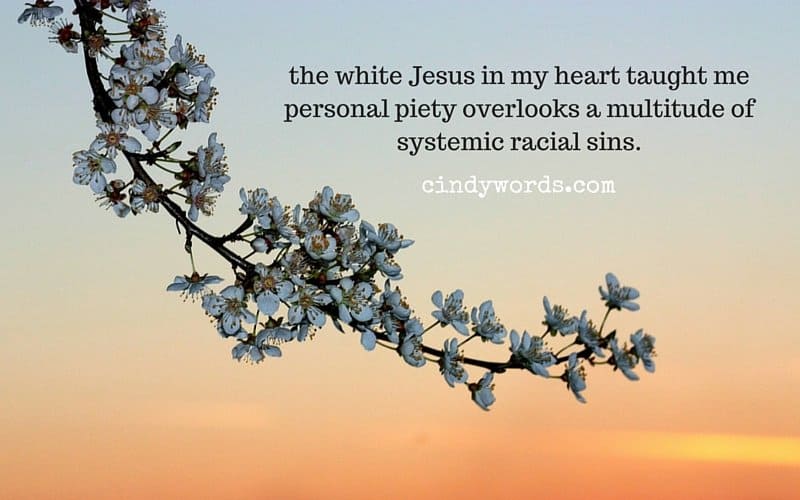
Attending a White Conference
March 28, 2016
In less than two weeks, I am flying halfway across the world to attend a writing conference in Grand Rapids, Michigan. I am thrilled in many ways to learn at the feet of seasoned writers, meet fellow writers, but mostly it feels really empowering to invest in a costly trip like this for my own writing career. I am making a bold statement that my words matter.
As an extrovert, I am not daunted by the prospect of conferences and meeting lots of new people (though I do despise small talk), but there is one thing that takes my breath away in panic. Although the speaker panel for the conference is well represented by many people of color, as far as I am personally aware, all the attendees I know who are going are white.
A majority white population of faith-people gathered in the midwest—I’ve been in this situation before and it was hard, hard, hard. I was an “international student” in the predominantly white Christian college at Wheaton, Illinois, back before I had any language to describe a racialized campus environment with a white majority.
My struggles at Wheaton were unique to me. As a foreigner, I did not experience race in the same way my African American or Asian American peers do, having not grown up in America. However, even all the way in Taiwan where I grew up, whiteness had an impact on me. As a missionary convert, I had asked a white Jesus into my heart. I had internalized a worldview where being a Christian often equates to behaving with the respectabilities of white culture. Because of this, I remember with profound regret, the ways I dismissed the struggles of those who grew up as a racial minority in America, because the white Jesus in my heart taught me personal piety overlooks a multitude of systemic racial sins.

The white people on my campus were so incredibly nice to me, and I, in a valiant effort to push onward in Christian discipleship, mirrored their nice-ness back to them. In this way, I also internalized and absorbed racist behavior towards my own self. I gently corrected person after person for mistaking me as other Asian students on campus. When a professor assigned her students to interview international students, I said yes to my white friends who literally treated me like a project for class. When I developed a crush on a white man, I looked in the mirror and thought it impossible he would be attracted to someone with dark hair and yellow skin like me.
Microaggressions, I later learned, was the word used to describe my experience of having my humanity chipped away little by little.
Learning the nuances of race, racism, white supremacy, colonial theology, oppression and injustice has helped me to interpret my own experiences and those of other racial minorities. But the head knowledge cannot overcome my visceral reactions, and the way panic rises in my heart when I envision stepping back into a predominantly white environment in less than two weeks.
No one will probably be able to tell the anxieties brewing in my spirit while I’m there. And that’s because I have learned expertly to operate in white spaces. I’ve learned to speak English without an accent, I’ve devoured English books written by white people, I’ve watched movies directed by white men played by predominantly white actors/actresses. I’ve also learned how to pretend like my own culture and history and language doesn’t matter in everyday conversations. Mostly because I am quite weary of having to explain my world to white people through their lens.
It feels painfully ironic, that going to a conference to develop my own voice, I am already mentally preparing how much of myself I’ll need to make invisible for it. But I can do it. I know this because I’ve done it a hundred times before.
I don’t say this publicly to host a pity party for myself or to make any white writer friends at the conference uncomfortable. I write this, as always, to tell my truths in the hopes that my fears will have less power over me. I am grateful to the coordinators of the conference for placing a diversity of speakers on the panel. I can hardly wait to hear Zadie Smith and learn more from Drew Hart. This kind of representation on the speaker lineup is something I look for and do not take for granted.
But mostly, I am excited to meet some of my online writing friends who have only existed in the two dimensional computer screen, albeit via their dynamic written words. My prayer and hope is that I can do my best to represent my most authentically whole self before these new friends.
Festival of Faith & Writing 2016 – here I come!

